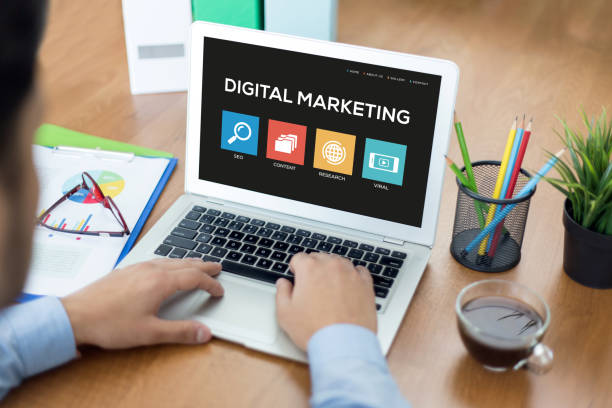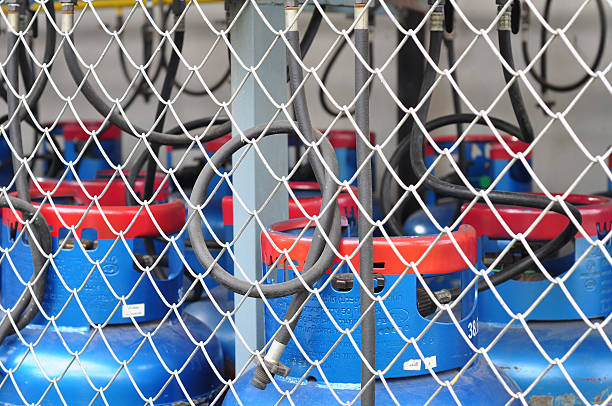Essential Digital Marketing Powerhouse for Business Owners
In the realm of business, the primary goal is clear: to make money. However, there are multiple avenues to achieve this objective, and marketing stands out as one of the most potent tools in a business owner’s arsenal. But what exactly is marketing? It’s the art of conveying a product’s value to potential buyers with… Continue reading Essential Digital Marketing Powerhouse for Business Owners



